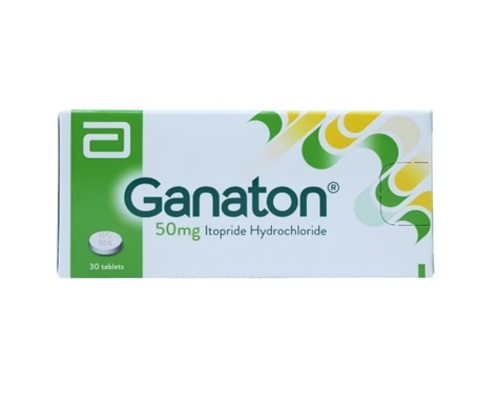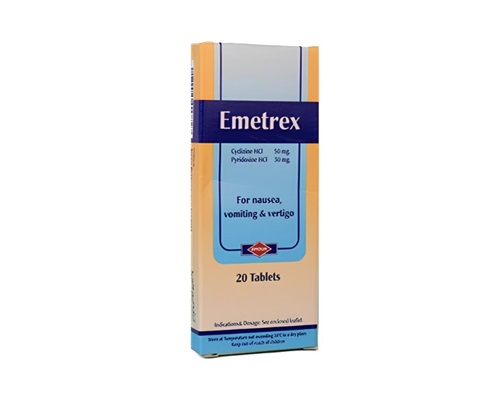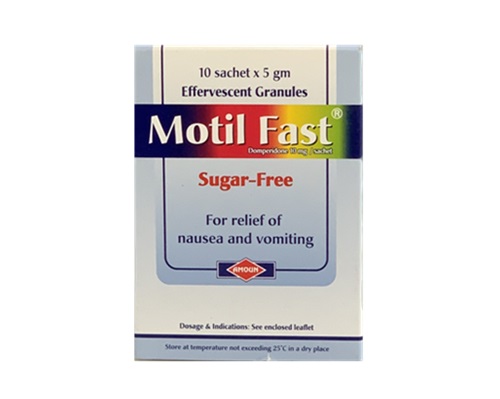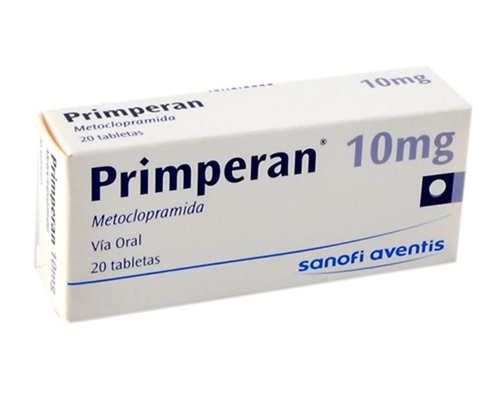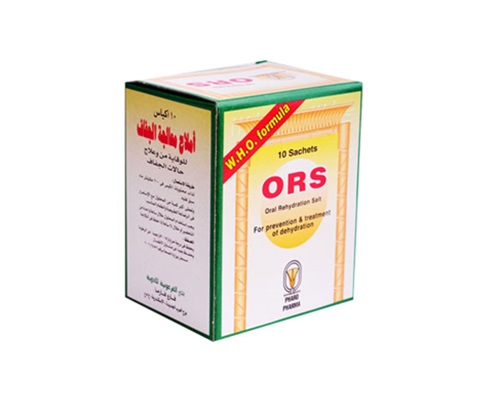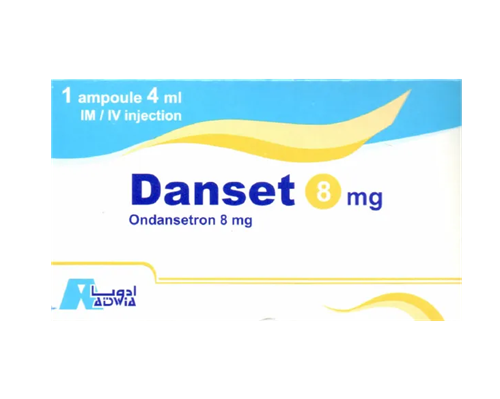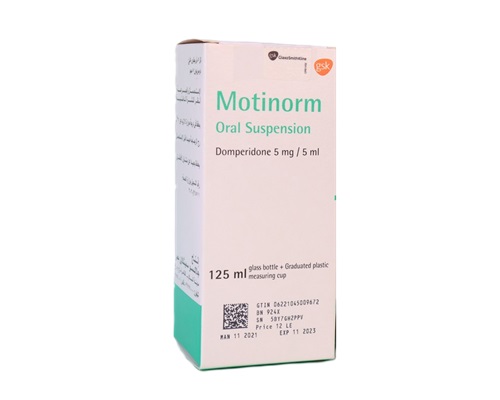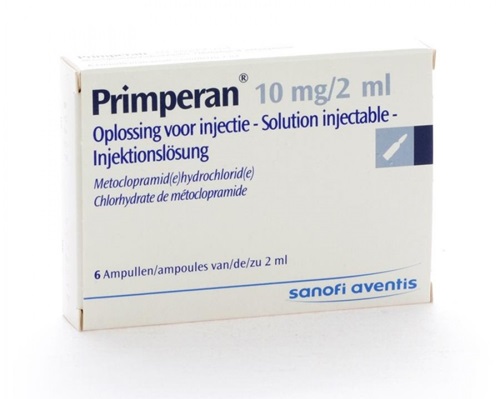Description
Trade name:
Ganaton
Compound:
Each tablet contains:
Itopride hydrochloride 50 mg.
Auxiliary components:
Lactose, starch, carmellose, magnesium stearate, macrogol, titanium dioxide.
Properties:
Itopride hydrochloride is a gastroprokinetic for oral administration. The dosage form and composition of tablets provide immediate release of the active substance. Itopride is characterized by a dual mechanism of action: antagonism to D2-dopamine receptors and inhibition of acetylcholinesterase. As a result of the action of itopride, the concentration of acetylcholine increases, which leads to increased gastric motility, increased tone of the lower esophageal sphincter (LES), acceleration of the process of gastric emptying and improved gastroduodenal coordination.
Itopride hydrochloride also exerts an antiemetic effect by interacting with D2-dopamine receptors located in the chemoreceptor trigger zone of the medulla oblongata. Itopride causes a dose-dependent suppression of apomorphine-induced vomiting.
Indications:
Treatment of gastrointestinal symptoms associated with impaired gastric motility or delayed gastric emptying, such as:
– bloating;
– fast saturation;
– a feeling of fullness in the stomach after eating;
– pain or discomfort in the epigastric region;
-decreased appetite;
-heartburn;
-nausea;
-vomit;
-Functional (non-ulcer) dyspepsia or chronic gastritis.
Method of administration and dosage:
Adults are prescribed 1 tablet (50 mg) orally 3 times a day before meals. The recommended daily dose is 150 mg. This dose may be reduced based on the patient’s age and symptoms.
In clinical studies, the duration of treatment with Ganaton was up to 8 weeks.
Contraindications:
– gastrointestinal bleeding, mechanical obstruction or perforation of the gastrointestinal tract;
-pregnancy;
– lactation period (breastfeeding);
– children under 16 years of age (due to lack of safety data);
– hypersensitivity to itopride or any excipient of the drug.
Precautions:
Itopride enhances the action of acetylcholine and may cause cholinergic side effects.
There are no data on long-term use of the drug.
Side effects:
From the gastrointestinal tract: often – abdominal pain, diarrhea; uncommon – increased salivation.
Laboratory and instrumental data: uncommon – increased ALT activity, decreased leukocyte count.
From the skin and subcutaneous tissues: uncommon – rash.
From the blood and lymphatic system: leukopenia and thrombocytopenia.
From the immune system: hypersensitivity reactions, including anaphylactoid reaction.
From the endocrine system: increased levels of prolactin in the blood.
From the nervous system: dizziness, headache, tremor.
From the gastrointestinal tract: diarrhea, constipation, abdominal pain, increased salivation and nausea.
From the skin and subcutaneous tissues: rash, erythema and itching.
Storage method:
Store at temperatures not exceeding 30 degrees.
Package:
The cardboard box contains 3 blisters of 10 tablets and paper instructions.

